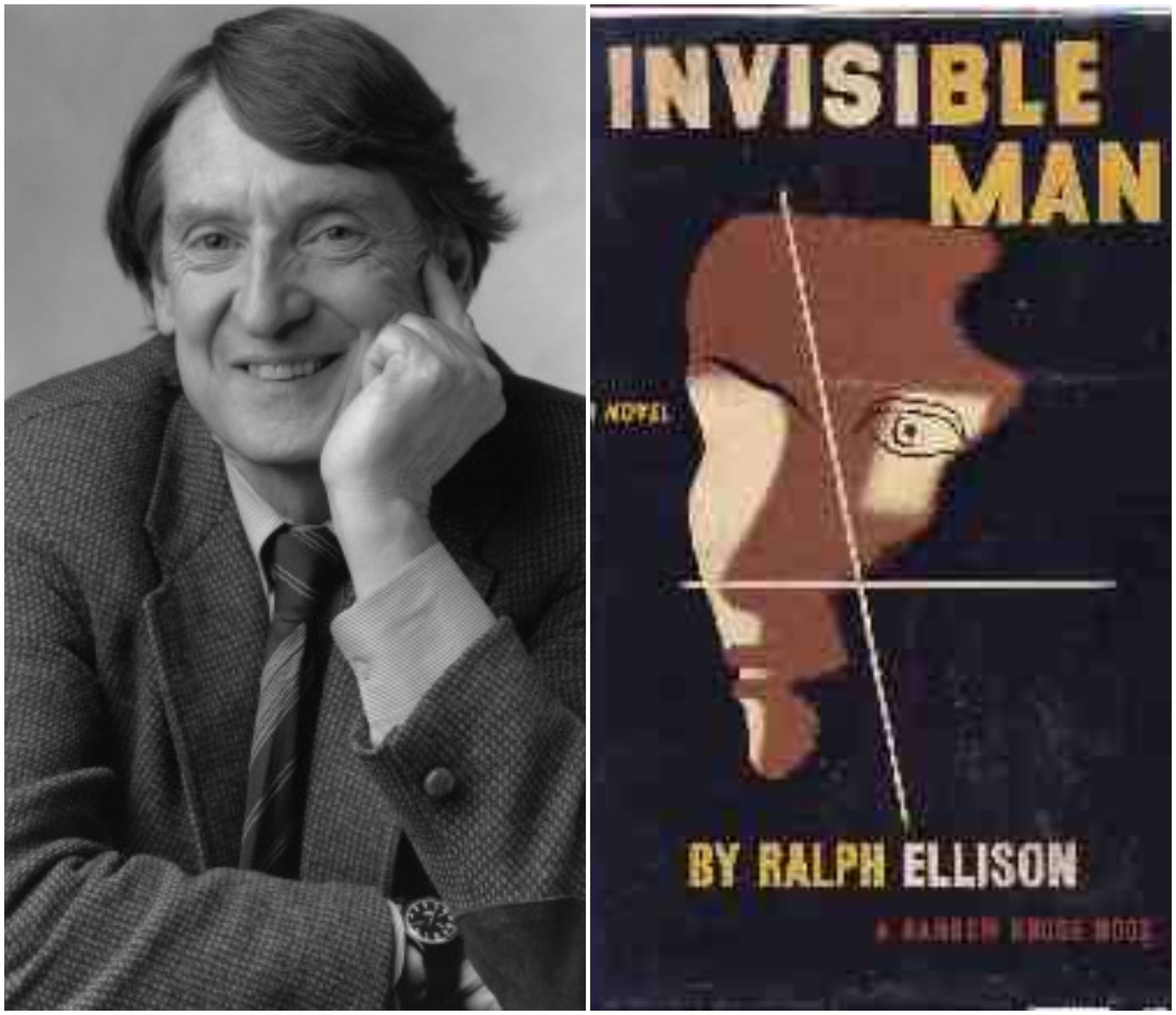BOOKS 14: RALPH WALDO ELLISON'S INVISIBLE MAN
WITH JOHN CALLAHAN
GREAT BOOKS 14: Ralph Waldo Ellison's Invisible Man, with John Callahan
Ralph Waldo Ellison's masterpiece Invisible Man tells the story of an African-American man who insists on his visibility, agency, and humanity in a country dead-set on not seeing him. Barring him from most opportunities, and denying his humanity. The book charts this young man's course from the segregated South into 1950's New York where the choices seem to be; militant resistance or assimilation, war or acceptance on an unacceptable status quo.
The book deals with racism and inequality in ways that remain wholly timely, but its continued relevance rests possibly most on the narrator's unflinching introspection and self-interrogation. What does it mean to be a man? What does it mean to be black? What does it mean to be human? What is an American? By interlocking these questions Ellison writes a book as tightly constructed as a great jazz performance, where many voices and perspectives compete for priority but ultimately must find a way to gel.
Ellison's gripping novel is as timely today as when first published to sensational acclaim, garnering a National Book Award. It inspired countless other works, including the structure of Barack Obama's Dreams from my Father. With remarkable native narrative power, Ellison offers yet another way, beyond violence or acceptance, for America to reckon with its past and present and for African-Americans to re-pledge allegiance to a community that has refused to acknowledge them thus far.
I spoke with John Callahan, Ellison's literary executor and decades-long trusted friend who brought us the posthumously published Juneteenth, the haunting short story collection Flying Home, and a forthcoming edition of Ellison's letters spanning some 40 years. John and I spent an hour in mid-March overlooking Central Park in the waning light, looking at Harlem where Ellison lived and where he's buried today, and wondering whether, as the book's final lines put it: “Who knows but that on the lower frequencies, I speak for you?”.

